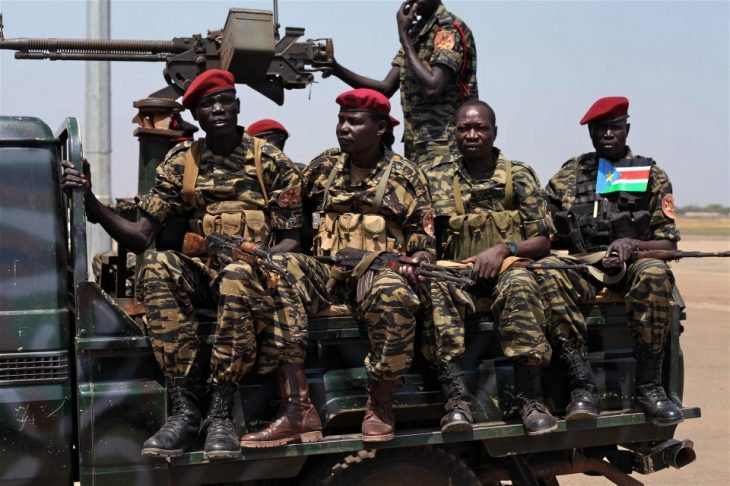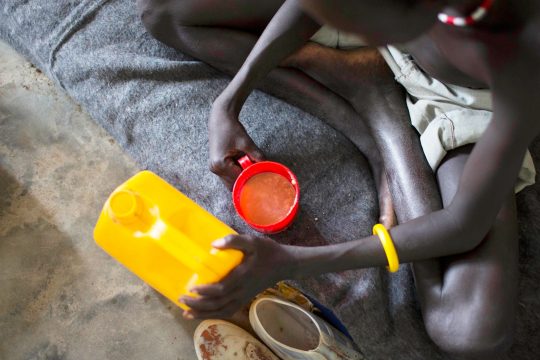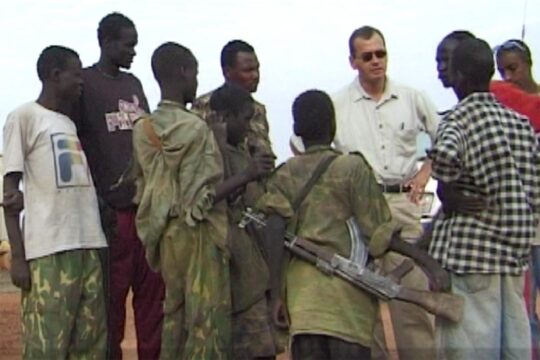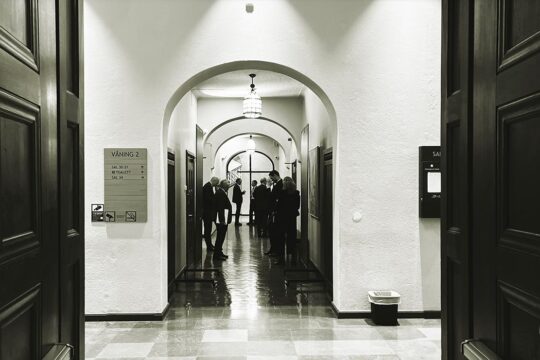South Sudanese government forces and allied fighters carried out scores of killings, rapes, and widespread burning and pillage of civilian property in a military offensive earlier this year, says Human Rights Watch. The deliberate attacks on civilians and civilian property amount to war crimes, according to HRW.
“Government-aligned forces carried out gruesome killings and widespread rapes and burned countless homes as they swept across large parts of Unity State,” said Daniel Bekele, Africa director at Human Rights Watch. “The devastating offensive in Unity State is the latest in a conflict characterized by shocking disregard for civilian life.”
The report, entitled “They Burned it All: Destruction of Villages, Killings, and Sexual Violence in South Sudan’s Unity State”, details shocking abuses against civilians during an offensive from April to June 2015 to recapture oil-rich Unity State from rebel forces. It is based on more than 170 interviews in June and July with survivors and witnesses.
Human Rights Watch says it documented accounts of about 60 unlawful killings of civilian women, men, and children, including the elderly. “Some were hanged and others shot, and others were burned alive. Interviewees were selected randomly and the number of cases documented (…) almost certainly represents only a fraction of the total,” it says.
The US-based rights group says it also documented “63 cases of rape, including gang rapes and cases in which women were raped by multiple fighters. Government soldiers and Bul Nuer fighters frequently beat women, sometimes repeatedly, and threatened them with death. Many women and children were forced to porter pillaged property back to the Bul Nuer homeland, sometimes for days. Other women and girls were abducted, themselves taken as property.”
Among its recommendations, Human Rights Watch says the UN Security Council should “expand targeted individual sanctions on commanders and others responsible for serious crimes during the Unity State offensive, and impose an arms embargo on the parties to the conflict to help stem ongoing attacks on civilians”. It also calls for “establishment of a hybrid court made up of South Sudanese and international lawyers and judges to investigate and prosecute the worst crimes or an investigation by the International Criminal Court, or both”. “The African Union, regional governments, and key partners of South Sudan, such as the US, should support these steps,” says Human Rights Watch.
South Sudan’s conflict began in December 2013, triggered by a gun battle between forces loyal to President Salva Kiir and those loyal to the former Vice President Riek Machar. The conflict has been dominated by widespread killings of civilians because of their ethnicity or perceived allegiances. Some two million people have fled their homes.







